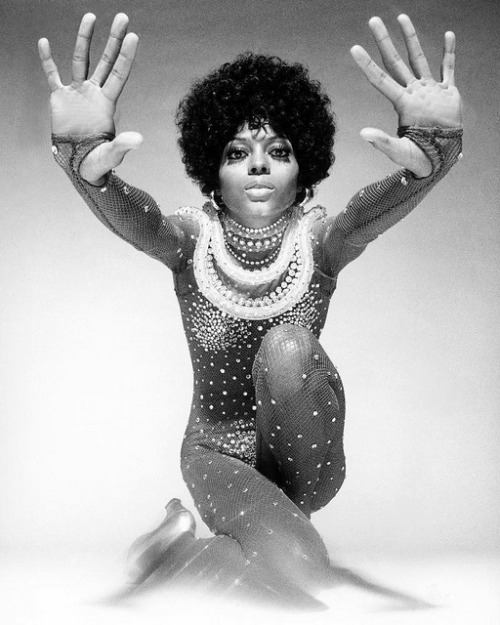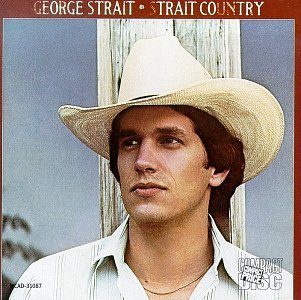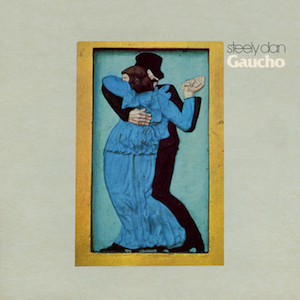Now that I've watched the recently completed nine-episode third season of
Episodes (which I did two weekends ago in pretty much one sitting), the
time has come to reflect on it, character by character.
But first, two burning questions:
1) Speaking of
Episodes' all-American regular and recurring characters (with three exceptions), why are so many of
them played by British and Irish actors? From Nashville in
Nashville to New York in
Revenge to Hollywood in
Episodes, the British are coming again (with numerous Aussie allies), and this cross-country invasion is trickier because the troops, for the most part, all talk like Americans.
2) Was it my failing eyesight or did Matt LeBlanc look significantly grayer in the first episode of the season, which began the morning after the night of the season-two finale, than he did in the finale, which aired way back in August of 2012? That must have been some stressful sleep!
Matt LeBlanc
Someone, please, give this guy an Emmy already! It's a testament to
Matt LeBlanc's skill (yes s
kill, and Joey Tribianni remains as indelible as
any of the ex-Friends -- if not more so -- because of it) that when I watch Matt LeBlanc playing a character named Matt LeBlanc and based on Matt LeBlanc, I
think of Matt LeBlanc the character not as Matt LeBlanc the actor but as a completely different guy who happens to be an actor who costarred for 10 years
on an insanely popular TV series named
Friends.
LeBlanc plays Matt with shades of Joey, which means he's flawed but still incredibly appealing. (At one point, when he mentioned having worked with Susan Sarandon, I thought of Joey working with an actress
played by Sarandon on
Friends, not of LeBlanc working with Sarandon on
Friends.) Matt has Joey's himbo appeal and the same phrasing (He
even gets to say "How
you doing?" about halfway through
Episodes' third season), but he's sharper, and he has the huge actor's ego that
Joey, though also an actor, never really exhibited. My favorite Matt moments this season were actually the non-Joey-quoting ones (it's harder to buy him now as
irresistible to women, though
Episodes keeps insisting that he still is), the ones in which he was grappling with his waning status in Hollywood, his missed opportunities and his advancing middle age.
There was one scene is which Stoke, a young upstart costar on
Pucks, the show-within-the-show, asked Matt for career advice. (Stoke is played by
Nashville's Sam Palladio, a Brit, who once again nails a specific American accent.) Stoke had been cast in a Michael Bay action film called
Tsunami, and he was being inundated with film offers. His big question: How does he pick the right movie projects so that he doesn't end up being a sitcom star at 50? Naturally, Matt took offense
because action-blockbuster directors are no longer knocking on his door (Were they ever?), and how dare that talentless kid call him 50?
It was a telling scene loaded with subtext and suggesting that aging in Hollywood isn't only difficult for women. At 46, Matt (the one on
Episodes, that is, not the real-life one) is already considered a has-been. He's barely in what started out as his own show, and adding insult to shame, he had to play second guest to Zac
Efron's first guest when he visited Jay Leno's late-night talk show to promote a series that wasn't even featuring him on the promotional poster. LeBlanc
brought a certain self-awareness to these scenes that makes
Episodes more than a parody of the Hollywood ass-kissing star-making-and-discarding
machine. The show, and LeBlanc, find the sad reality as well as the dark humor in the circle of Hollywood life.
Beverly Lincoln
I first saw Tamsin Greig in 2010, onstage in London's West End, opposite Rupert Friend in a play called
The Little Dog Laughed. She was funny and
memorable, though not necessarily someone I would have pegged as American-TV-star material. Three seasons in, she's grown into her role as one of
Pucks' creators, keeping her British accent but losing some of her broad mannerisms and distracting stage tics from the first two seasons.
Of all the
Episodes characters, she's the one I identify with most. She's a fish out of water trying to make the best of being a stranger in a
strange land and failing miserably (not that I have, but I get the feeling).
What I don't understand, though, is how any writer can walk away from a bidding war because she just
must leave warm and sunny L.A. and get back to damp and drafty London. I mean, London is my favorite city and everything, but it's not every day, or in every city, that you have all the major networks fighting over a script that had been languishing in your junk pile for years. Who does she think she is? Emma Thompson in
Saving Mr. Banks?
Sean Lincoln
I love Greig's chemistry with Stephen Mangan, who plays Beverly's husband and writing partner, Sean, but it sometimes feels a bit more sibling-ish or
BFF-ish than marital (sort of like Debra Messing and Christian Borle's co-writing and personal relationship on the now-defunct
Smash), making
Beverly and Sean's husband-wife connection seem slightly incestuous at times. But that sexual unease made for one of the funniest scenes this season, the one with the
sex therapist. When Sean explained why it's hard work being a "top" (not using that word, of course), I wanted to put on a condom and cheer.
Carol Rance
I enjoyed Kathleen Rose Perkins' performances during the first two seasons and immediately recognized her Hollywood type: the good cop who spins everything so
that you can never be sure how she really feels about anything. I'm glad they expanded her role in the third season, but I was disappointed that so many of
her scenes were with her new boss, Castor Sotto, when I really wanted to see even more of her growing friendship with Beverly.
Perkins wears those form-fitting ensembles so well that it's a shame Carol has been wasted on her far less attractive bosses so far. Might I suggest making
her the boss next season (Are you listening, Elliot Salad?) and letting her have a cougar fling with one of
Puck's young stars?
Castor Sotto
The third season's only weak link. His crazy shtick might have been funny as a one-episode gag but by the time he was jumping up and down on the conference-room
table pitching an anarchic network with one run-on series in which actors were actually shot by actual cops (which was his only funny bit in all
of the episodes he appeared in), I was ready for him to be hauled off in a straitjacket. Hopefully, we won't have to see him again next season.
Morning Randolph
I don't know how old Mircea Monroe actually is, but she looks too young to be the mother of a 19 year old. I totally bought her as one, though. I bought
her as the sister, too (which is how Morning explained their relationship until Matt slept with the sister/daughter and ruined everything). Sadly, Morning
didn't get to do much this season, and she was the butt of the most memorable one-liner, from Matt, who had just done her daughter, to Beverly, who did her
brother last season, and Sean, who had slept with Morning twice: "We're just plowing through that family."
Andy Button and Myra Licht
I'm impressed by how Joseph May, a Brit, can get the stereotypical gay American accent just right, but I still don't understand that thing Daisy Haggard (Myra) does
with her mouth, nor do I understand what Andy and Myra do for the network. Honestly, I wouldn't miss them if they were gone.
Merc Lapidus
I read on
Episodes' Wikipedia page that Thomas Haden Church was supposed to play this character, but I think his urbane charm and sexual energy
would have made the dynamic and, by extension, the show, much different. (Perhaps he would have made a Castor Sotto I could have actually enjoyed.) I'm
glad they went with John Pankow,
Mad About You's cousin Ira, who did desperate and unhinged in season three just as well as he did powerful and smarmy in the
first two seasons. Thanks to his deviousness, the Lincolns must return to L.A., and Matt LeBlanc will miss his shot at becoming the next Bryan Cranston, a
resurgent middle-aged star of an acclaimed hour-long drama. I'm looking forward to more rounds of ex-NBC star (LeBlanc) vs. ex-NBC star (Pankow), as Merc
and Matt continue to wage war in season 4.
Hopefully, they won't make us wait until the summer of 2015!














